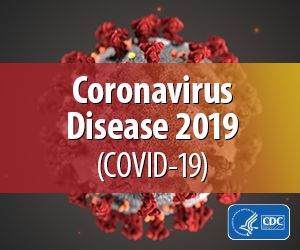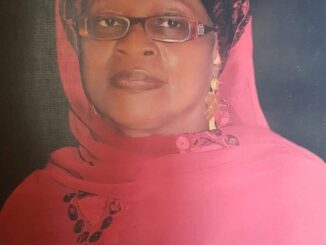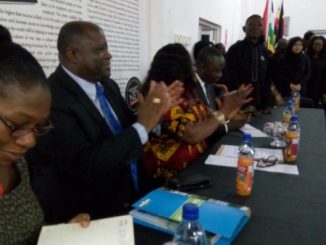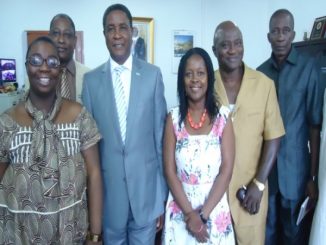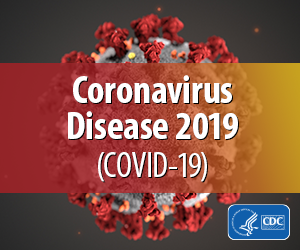
by Mahmud Tim Kargbo
11 April 2019
Undoubtedly, life will be different from now on, hopefully. We are all part of the ongoing tragic and drastically speedy invasion of the human space by the tiny virus COVID-19. This virus has dramatically and forcibly disrupted and stopped the way the powerful and the various actors on the world stage operate. For once there is palpable fear and trepidation at all levels of action and the arrogance found in the world of politics and social life, the economy and markets, finance and businesses, the arts and entertainment industry, cultural and religious leadership and indeed the entire world of research and education including science and technology have been put to question. The Coronavirus has unleashed monumental and damaging pains on the world with thousands of the dead and sick people lying around that even the living have no possibility to bury their dead.
The proportions of this unfathomable pandemic with its devastations are still unclear and the end is unknown to humankind. Yet, yearnings are already loud with hope for something new to emerge post COVID-19. Could this tragic global pandemic usher in some massive attitudinal change from all persons and institutions needed towards establishing enduring values that sustain and promote life? Could higher education institutions play more roles by integrating ethics into their curriculums and training so that issues of life are more fully addressed? Could Executive Arms of various Governments and opposition parties stop their oppressive tactics against the majority of their nationals by working together for the common good of their countries? These and more would become part of the ethical challenge of life post COVID-19.
There are clamours already that this tragic event be an opportunity for a new dawn for entire humanity. History records show that from the ashes of the Second World War in 1945, the United Nations was born. At the same time, the seed for the European Union was sown. De-colonisation of hitherto occupied colonies by European powers in Asia, Africa and Oceania was made possible with freedom and democracy gaining a new chance against totalitarianism globally. The Marshall Plan with the birth of the neo-colonial World Bank and many other important or oppressive positive and negative global service-oriented platforms emerged following this tragedy. But do we need tragedies to do good? For even in the darkest nights shine the brightest of stars, thus the need for a new global sisterhood and brotherhood and making the entire planet our Home with compassion, equality, justice, sharing and care.
In Sierra Leone, as we are grappling to curtail the deadly virus from spreading it disaster in the land, we share the pains and anguish in solidarity with all levels of society devastated by this pandemic. It is the hope of right minded Sierra Leoneans as we work towards making the challenges encountered become the new moment for humanity and its institutions to learn to do things better and differently, for thinking anew and for transformation towards a better future for all.
Ethics is about life, indeed all life. Ethics promotes the good life and encourages respect for life, through actions that ensure the sustainability of our interconnected world. With the global pandemic of COVID-19, we all have a chance to rethink the paradigms we took for granted. We are all challenged to prioritise differently for ourselves, to move towards more sustainable lifestyles and livelihoods, which serve all and leave no one behind. The ability to change and reflect on life’s priorities include changing the ways we interact; the ways we work, thus reducing our unnecessary carbon footprint. Changing our relationships in work, family and neighbourhood environments and situations with more time for each other. Managing to live with less and having less, yet becoming more in our humanity and fulfilment. Working for the common Good and perhaps learning to be grateful for every day by appreciating life and appreciating one another.

